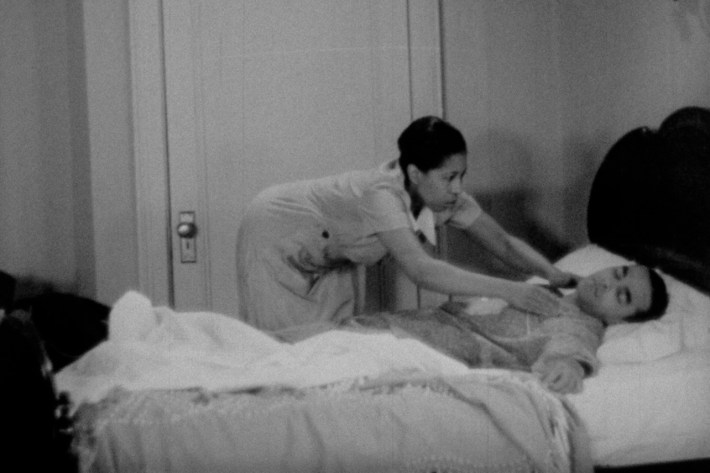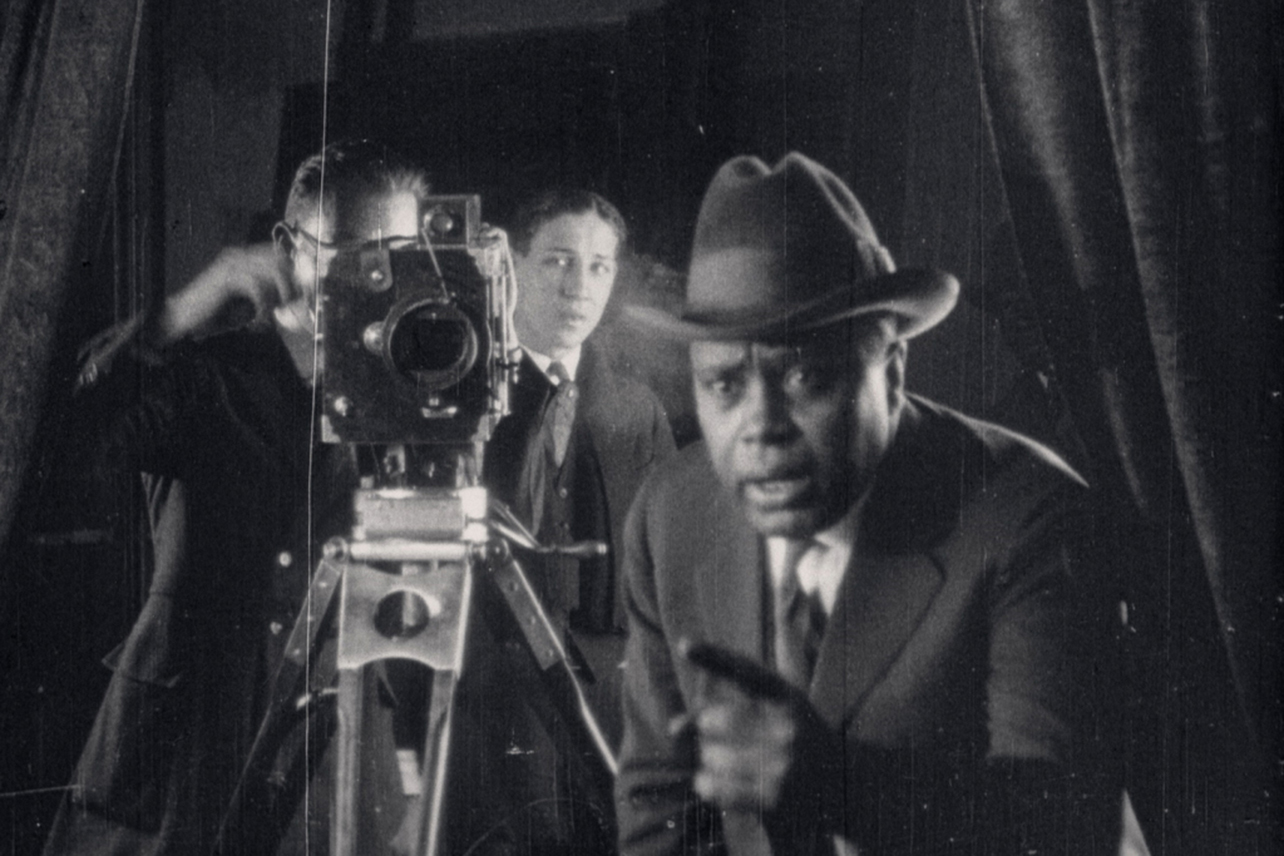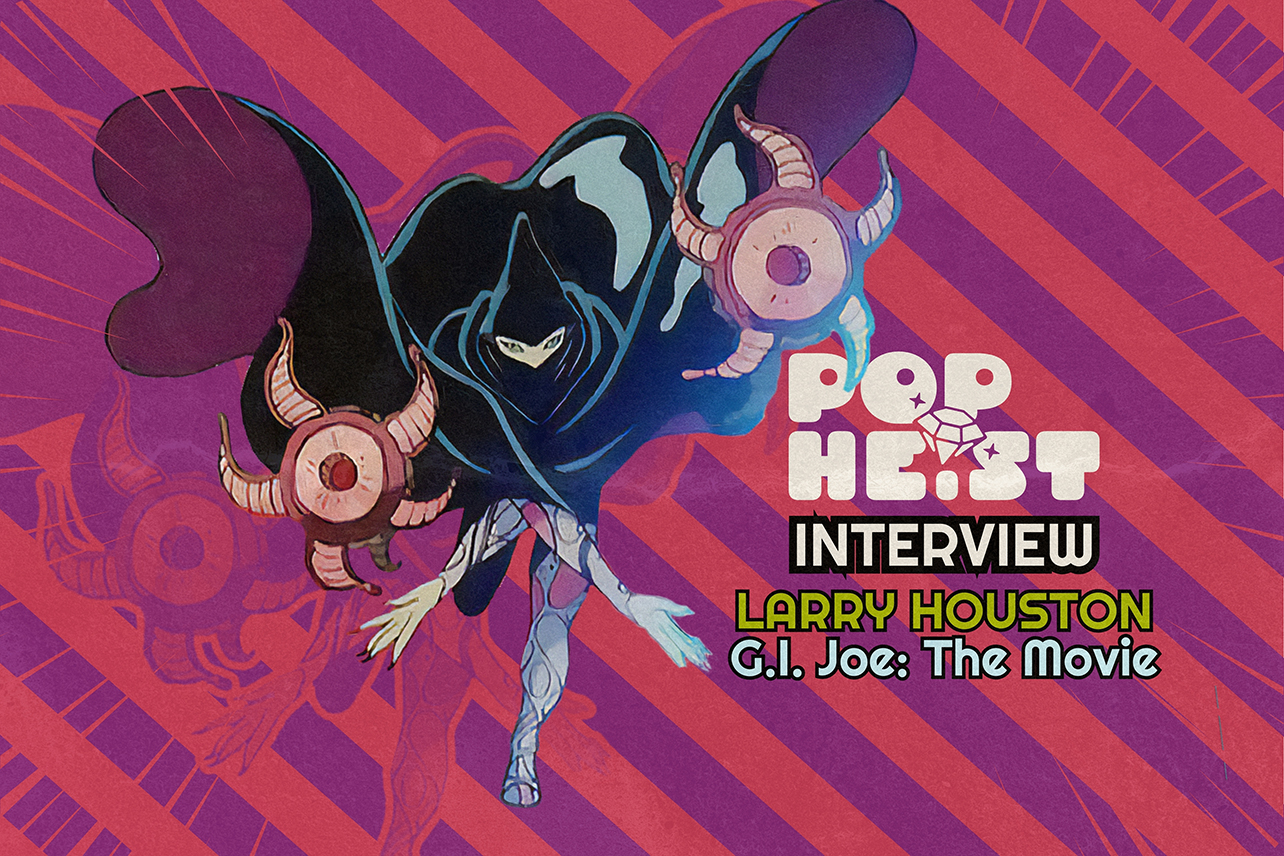It is stupefying to reflect that in 1939, as Victor Fleming recovered the reins on Gone with the Wind following George Cukor's firing as director, pioneering filmmaker Oscar Micheaux busied himself making Lying Lips and Birthright, two films among the many in his body of work that comprise his holistic representation of Black American experience. Consequently, it's disappointing to note that in 2025, the movie remembered in popular culture is Gone with the Wind.
Grant that Gone with the Wind's sweeping romance, epic scope, and period fidelity left a deep impression on cinema at this stage of the medium's development. The art form as we know it simply wouldn't be the same without that blockbuster of yesteryear. But grant also that this Barnum statement likewise applies to Micheaux, a director who dedicated his career to constructing a robust mosaic of Black American life. This was at a time when Black participation in the movies broadly came down to performing one form of stereotype or another; they were buffoons, cheats, liars, submissives, or crooks, but they weren't fully treated as human beings. If the movies didn't have Micheaux's influence, what might we be missing today?
Make your own predictions, if you like. It's hard to imagine the filmographies of masters like Melvin van Peebles, William Greaves, or Spike Lee without Micheaux. Once you start slipping those blocks out of the Jenga tower, the structure collapses, and we're robbed of contemporary directors like Dee Rees, Barry Jenkins, and Channing Godfrey Peoples. It's a list without end. It's also a distorted, ugly version of a fantasy sports team draft, something that thankfully we don't have to contend with. Micheaux is eternal. His mark on cinema is indelible, within and without the context of Black American directors; no further proof of that is needed than observation of artists like Jenkins, Nia DaCosta, Gina Prince-Bythewood, and Ryan Coogler.
If you want further proof, though, Kino Lorber's Classics label dropped Oscar Micheaux: The Complete Collection in February, a veritable treasure trove packed with Micheaux's surviving movies, including trailers. In total, the set comprises 15 features, trailers for three of those features, and two for lost pictures, these last inclusions being Harlem After Midnight (1934) and Temptation (1935). Neither of those films will ever meet their audience. ("Never" is a strong word, but it's highly unlikely, so the choice feels appropriate.) We're fortunate enough to enjoy access to Micheaux's preserved works, even if the preservations are, in a few cases, rough. Better to have most of a recovered Micheaux movie than none of it.
Veiled Aristocrats (1932) is a prime example here. No indication has been found regarding the full runtime of this North Carolina tale of "passing"; the Kino Classics cut clocks in at 44 minutes, thereabouts, and cuts abruptly from the meat of the plot to musical numbers in the third act before halting at a conclusion that's only slightly less abrupt.
At least Veiled Aristocrats' narrative is streamlined enough to piece together what's missing via context clues: young Rena Walden (Lucille Lewis) wants to marry Frank Fowler (Carl Mahon), to the hand-wringing dread of her mother, Molly (Laura Bowman), and older brother, John (Walter Fleming). Rena, like John, is white passing. Frank's skin is considerably darker. John and Molly fear getting hitched to Frank will imperil Rena's future, and John nudges her into ditching her beau for whiter greener pastures, a choice she ultimately rejects as equivalent to living a lie.
Rena doesn't care to belie whiteness. She'd rather be with Frank and fully embrace her true identity, whatever that might mean for their lives together. In a way, Rena's decision reflects Micheaux's purpose in filmmaking: to portray Black life on a spectrum for better and worse. His movies do not entertain the flat, lazy caricatures prevalent in his heyday. They instead dignify the notion of Blackness as personhood, even if the Black people in his movies run the gamut of social status, class hierarchies, and criminality.
Micheaux's characters are not all moral or "good." They're just people, prone to taking the same wrong turns in life as anyone else, and for no unique reason beyond the fact of their humanity. In Underworld (1937), wide-eyed college graduate Paul (Sol Johnson) is swept up in the seedy after hours coming and goings of gamblers and nightclub singers, leading to a case of mistaken culpability in a murder most foul. The Girl from Chicago (1932) orbits around a federal agent's efforts at protecting the woman he's in love with from a crime boss. Temptation, for what's known about it today given its "lost" designation, is a blueprint for the basics of Underworld's content, with a protagonist character drawn into a sphere of gangster activity.

None of these movies pass judgment, though — not on their leads, and not even on their antagonists. When Bee Freeman's spiteful chanteuse meets her demise in the path of an oncoming train, the effect is to feel for her crumbled mental state, rather than to hoot and cheer at the overkill. This approach plays out with middling efficacy in other movies, like Body and Soul, a dissatisfying "all a dream" movie, decades before that category of "gotcha!" twist became codified as "annoying" and "cheap" by filmmakers like M. Night Shyamalan. (Don't blame Micheaux for Shyamalan's ticks! He was experimenting! He couldn't have known what his tinkering would lead to, lifetimes after his own came to an end!)
This is the chief value of Kino Classics' labors: spotlighting the variegation of Blackness through cinema's formative age, when no one else architecting the industry and shaping the medium did. Gone with the Wind's value is as spectacle, and an object lesson in how audiences, and the market, perceived Black identity; Hattie McDaniel's Best Supporting Actress win remains a landmark moment today for what the award tells us about 1930s attitudes toward and understanding of racism's systemic impact. The film matters as an enduring reminder of those contemporaneous qualities. But Micheaux's films matter as crucial drivers in cinema's forward progress ever since, from the 1950s to the 2020s. He is owed a debt that not even his greatest successors can pay.
If you haven't already, consider supporting worker-owned media by subscribing to Pop Heist. We are ad-free and operating outside the algorithm, so all dollars go directly to paying the staff members and writers who make articles like this one possible.






